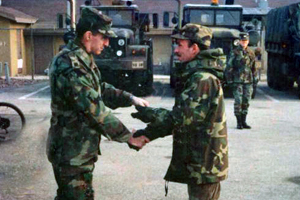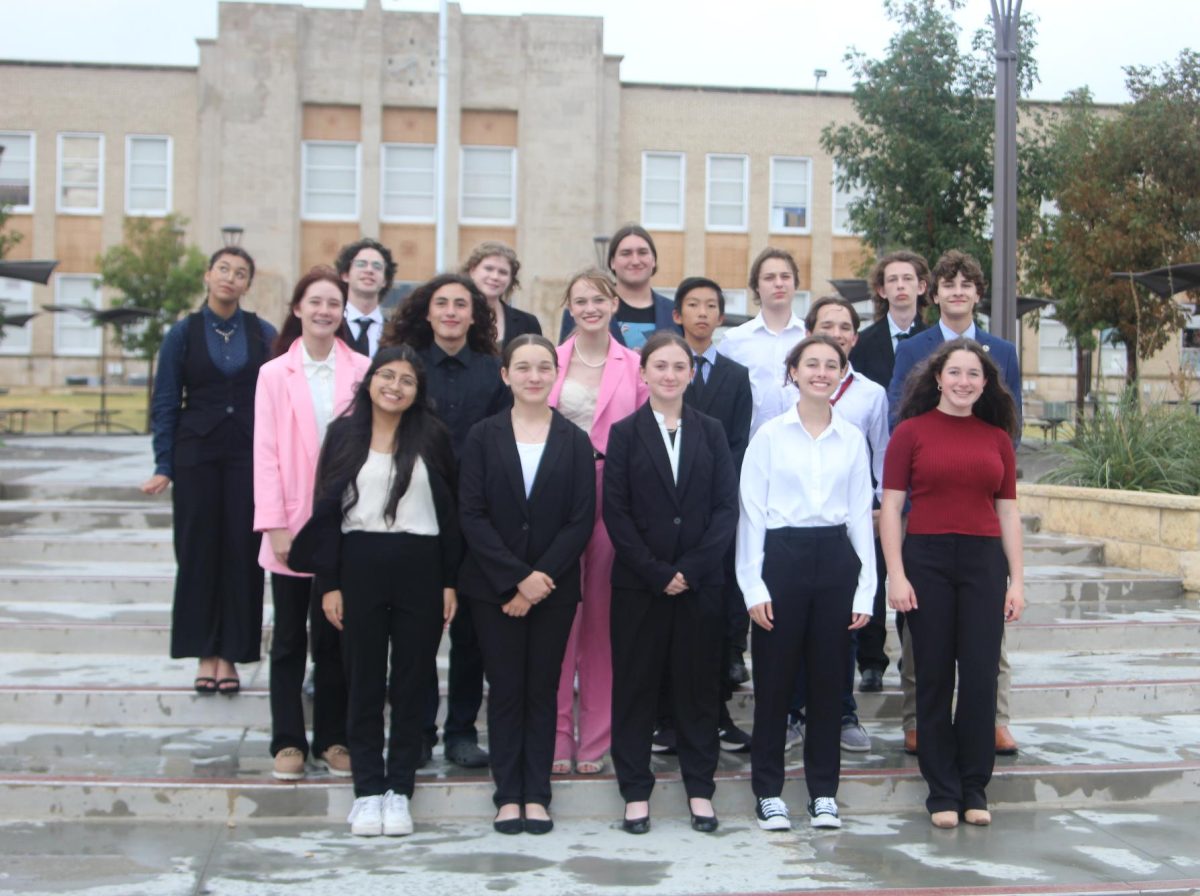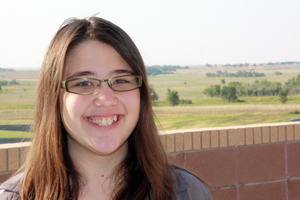While everyone else was sleeping she crawled out of bed and stealthily tip toed to the Christmas tree as the excitement of what to come bubbled up in her. The tree was made of tarps the shade of green associated with the military and shot gun shells hung from it like ornaments. She smiled up at it not knowing that to a civilian this type of tree would be perceived as different, and waited for the rest of the people on the army base and her family to wake up so that she could start opening her plethora of presents.
Senior Susan Yanacsek spent her holidays and life on army bases around the world following her dad, first class sergeant in the military, to wherever he was stationed. Instead of having a typical stable civilian life her life was spent waiting for her dad to either be deployed, come back, or be transferred.
“We moved about five or six times,” Yanacsek said. “I’ve lived in places like New York, Korea, Germany, Japan, Berlin, and Austria. It was hard sometimes with making new friends but I got to meet so many people with different cultures and nationalities that I wouldn’t have gotten to if I stayed in one place.”
Yanacsek and her family would spend just a few months in each place and have to go through difficulties in each place based on the culture and language.
“We went to public schools that only taught in the native language,” Yanesek said. “So we had to learn each language to understand the teachers. We also had to wear uniforms and the rules were a lot stricter there then they are here.”
Yanacsek said having a parent who is actively serving in the army meant watching a loved one get deployed over and over again and not knowing if or when they would come back.
“The hardest part was not knowing when my dad would leave or come home,” Yanacsek said, “We didn’t get any real warning of when he would be deployed and we never knew for how long. We were always told he would be gone indefinitely until further notice so sometimes he would be gone days, weeks, or months.”
Yanacsek and her family lived on army bases which helped her family deal with all the hardships of having a loved one in the service.
“The army base was a big family filled with people who knew what you were going through,” Yanacsek said. “So I basically had 10 or 12 dads.”
Yanacsek didn’t know anything other than army life until her father retired and she started living a civilian life.
“The impact and the people you’re surrounded with make the biggest difference in army life,” Yanasek said. Army life meant expecting and understanding you would be moving constantly and civilian life meant a permanent residence and no longer moving with the people you grew up with on the army base. It was like losing a family.”
Yanacsek said that being a part of army life is something she wouldn’t want to change.
“Most of the people here haven’t ever left Canyon or Amarillo while I’ve gotten to go around the world,” Yanesek said. “I got to experience so much more than most because I was an army brat.”








